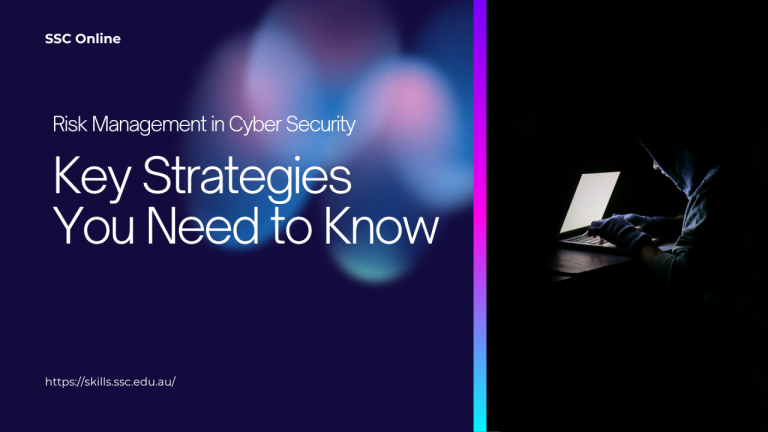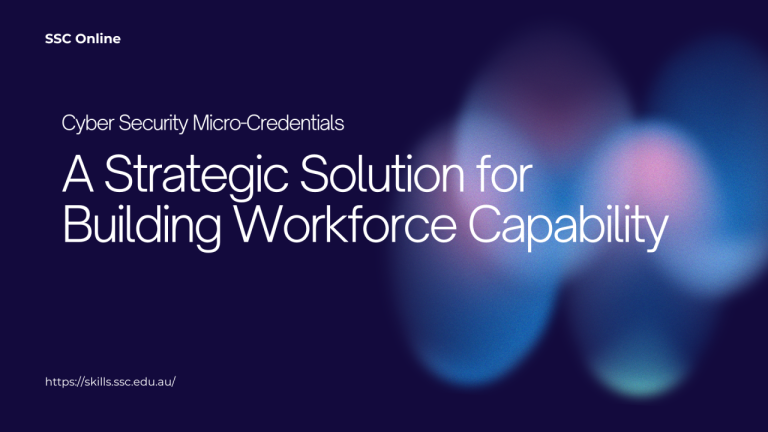The pursuit of education and career growth is a noble endeavour, but for working students, it often translates into a constant juggling act. Striking a harmonious life balance between coursework, employment, and personal life might seem like an insurmountable challenge, but with the right mindset and strategies, you can thrive in both realms. Sometimes balancing life and study can be easier by maintaining time. having a proper routine helps to achieve the dream life of a student. In this blog, we will delve into nine inspiring life balance tips tailored to the needs of working students, empowering them to conquer their academic and professional goals while nurturing their well-being.
Define Your Priorities
The first step in achieving life balance is understanding your priorities. Sit down and list your short-term and long-term goals, considering both your academic and career aspirations. This clarity will help you allocate your time and energy effectively, ensuring that every commitment serves a purpose in your larger journey.
Craft a Thoughtful Schedule
Crafting a well-structured schedule is key to keeping chaos at bay. Use digital tools or a physical planner to map out your classes, work shifts, study sessions, and personal activities. Be sure to include buffer time for unforeseen events and relaxation. A thoughtfully designed schedule provides the framework necessary for you to make the most of each day. In this era routine making routine and maintaining the routine is more accessible by digital devices.
Embrace the Power of Time Management
Time management is the cornerstone of success for working students. Practice the art of prioritization by categorizing tasks as urgent, important, or non-urgent. Implement techniques like the Eisenhower Matrix to help you focus on high-priority tasks while delegating or eliminating less crucial ones. By maximizing your efficiency, you create pockets of time that can be devoted to self-care and leisure.
Set Realistic Goals
Realistic goals are those that are thoughtfully set within the realm of practicality and feasibility. They take into account one’s current resources, abilities, and constraints while considering the steps needed to achieve them. Unlike lofty or overly ambitious goals, which can lead to frustration and disappointment, realistic goals are attainable and motivating. These goals empower individuals to make meaningful progress and maintain a sense of accomplishment along their journey.
By setting realistic goals, people can create a clear roadmap for their aspirations, fostering a sense of direction and purpose that propels them forward. As milestones are reached and successes are experienced, individuals are more likely to stay motivated and confident in their ability to conquer new challenges, leading to sustained growth and personal development.
Ambition is admirable, but setting unattainable goals can lead to burnout and disappointment. Break down your goals into smaller, achievable milestones. Celebrate these victories, regardless of their scale, as they fuel your motivation and keep you moving forward with a positive outlook.
Master the Art of Saying No
As a working student, your time is a precious resource. Learn to say no when additional commitments could jeopardize your well-being or academic performance. Politely decline opportunities that don’t align with your priorities or might stretch you too thin. Remember, saying no to one thing often means saying yes to your own mental and physical health. Avoid activities that hinder your regular routine.
Nurture Your Self-Care Routine
Self-care is not a luxury; it’s a necessity. Engage in activities that rejuvenate your mind, body, and spirit. A self-care routine is a deliberate and essential practice aimed at nurturing one’s physical, emotional, and mental well-being. It involves setting aside dedicated time to engage in activities that promote relaxation, rejuvenation, and personal growth. These activities can range from simple practices like meditation, deep breathing exercises, and journaling to more indulgent treats like taking a leisurely bath or indulging in a favourite hobby. Crafting a personalized self-care routine allows individuals to manage stress, enhance their mood, and build a stronger connection with themselves.
By regularly carving out moments for self-care, people can recharge their energy, improve resilience in the face of challenges, and ultimately cultivate a healthier and more balanced lifestyle. Exercise regularly, maintain a balanced diet, and get adequate sleep to support your overall well-being. Incorporate mindfulness practices like meditation or journaling to manage stress and promote mental clarity.
Prioritize your mental health
Keeping your mental health good will help you to maintain your life cycle. Students face many problematic situations while in the field of study and work. Mental health is a crucial aspect of overall well-being, encompassing our emotional, psychological, and social status. It plays a significant role in how we perceive and navigate the world around us, impacting our thoughts, feelings, and behaviours. Just as physical health requires attention and care, so does mental health, to make a good life balance for a
It’s important to acknowledge that everyone faces challenges and fluctuations in their mental well-being, and seeking support when needed is a sign of strength. Open conversations about mental health reduce stigma and promote understanding, paving the way for early intervention and effective coping strategies. By fostering a compassionate and supportive environment, we can empower individuals to prioritize their mental health, leading to improved resilience, healthier relationships, and a better quality of life for all. Try to avoid situations containing mental health issues. Avoid conflicts among co-workers and peers. Keep yourself calm and work through excellence.
Efficiently Use Downtime
Downtime is invaluable for recharging your batteries. Instead of mindlessly scrolling through social media during breaks, use your downtime strategically. Read a book, engage in a creative hobby, or take a short walk to clear your mind. These brief moments of rejuvenation can have a significant impact on your overall productivity and focus.
Tap into Support Networks
Remember, you’re not on this journey alone. Leverage your support networks, including family, friends, colleagues, and professors. Communicate your challenges and seek advice or assistance when needed. Educational institutions often offer resources like counselling services and study groups that can provide valuable support during demanding times.
Practice Flexibility and Forgiveness
Life as a working student is dynamic and unpredictable. Understand that there will be days when things don’t go as planned. Embrace flexibility by adjusting your schedule when necessary and being adaptable in the face of unexpected changes. Equally important, practicing self-forgiveness. Mistakes and setbacks are part of the journey; learn from them and move forward with renewed determination. It is important to maintain a good life balance between work and study for a working student.
The life of a working student demands resilience, determination, and a commitment to self-care. Pursuing education and career growth doesn’t have to come at the expense of your well-being. By adopting these inspiring life balance tips, you equip yourself with the tools to navigate the challenges of managing coursework, employment, and personal life. Remember, your journey is a testament to your strength, and achieving harmony is not only possible but also a stepping stone toward a future marked by both professional success and personal fulfilment.
More Informative Blogs:
10 Tips For Success In College: A Guide For Students All Over The World
How Networking Can Help You Land Your Dream Job




